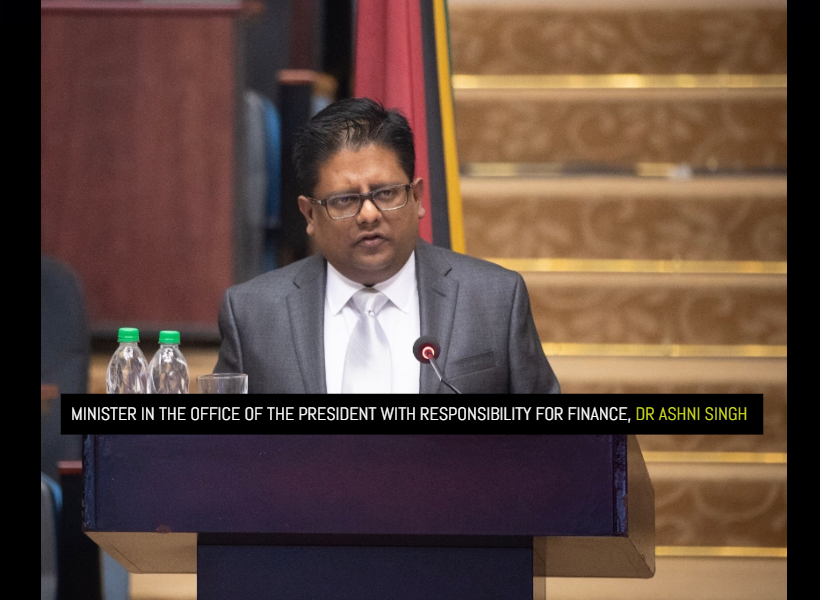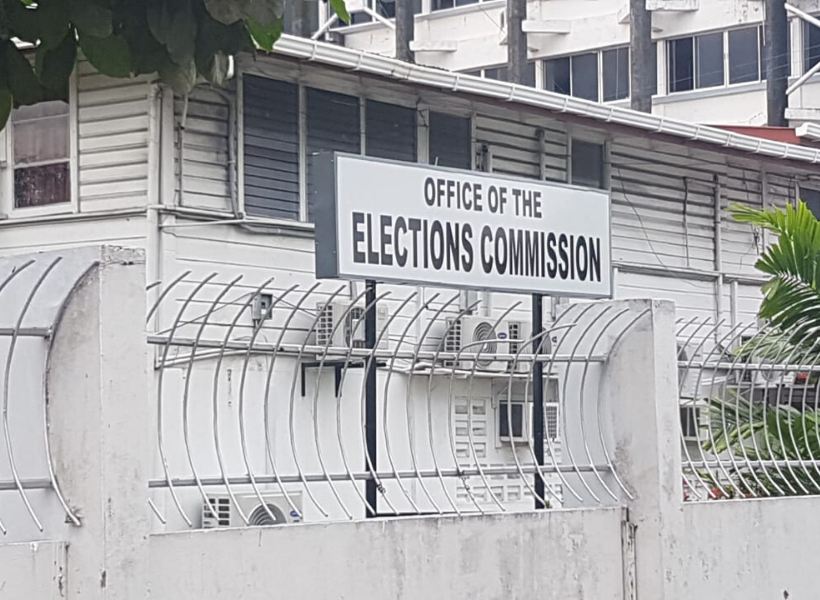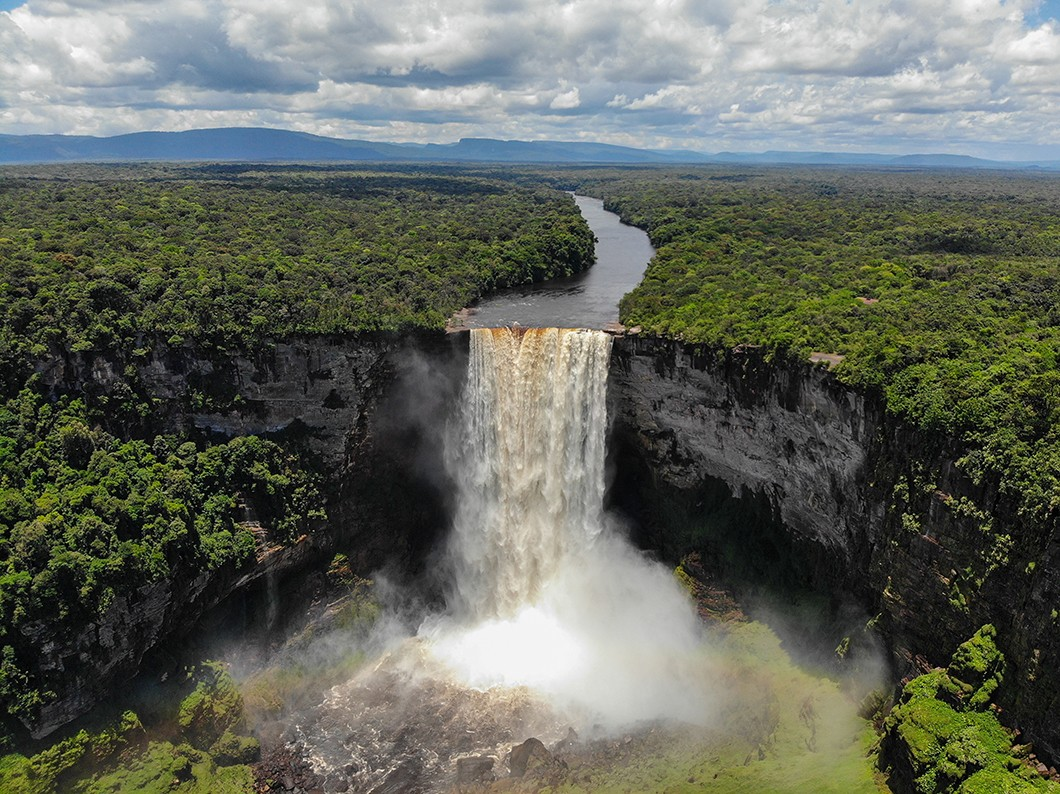Guyana’s score of 63.9 in the 2022 Sustainable Development Report falls below the regional average of 69.5, indicating that the country has a considerable amount of work to do to achieve better statistics. The report also reveals that Guyana ranks 106 out of the 163 featured countries.
While Guyana has been able to maintain the sustainable development goal (SDG) of no poverty, with the headcount ratio moving from US$3.20 a day to US$1.90/day, its achievements in other SDGs range from moderately improving to stagnating. The report highlights that Guyana has made progress in zero hunger, good health and well-being, gender equality, affordable and clean energy, decent work and economic growth, peace, justice and strong institutions, and partnerships for the achievement of the SDGs. However, it also notes that Guyana is stagnating in industry innovation and infrastructure, sustainable cities and communities, responsible consumption and production, climate action, and life below water and on land.
The report also identifies areas where major challenges remain, such as good health and well-being, decent work and economic growth, industry innovation and infrastructure, life below water and on land, peace, justice and strong institutions.
Last month while addressing the Fifth Forum of the Countries of Latin America and the Caribbean on Sustainable Development the Senior Minister in the Office of the President with Responsibility for Finance, Dr. Ashni Singh, assured that the government is taking aggressive initiatives to ensure that Guyana achieves the targeted SDGs for this year.
He said, the government has recognized that food systems play a crucial role not only in eliminating hunger and reducing poverty but also in achieving several of the SDGs. As such, Guyana is giving heightened attention to the agri-food sector to increase the quantity and quality of output and reduce food insecurity.
Furthermore, Dr. Singh emphasized that as a low-lying coastal developing state vulnerable to climate change, the government has crafted a unique development model in response to the climate crisis. By pursuing the Low Carbon Development Strategy (LCDS) 2030, the government aims to facilitate sustainable economic development while simultaneously combating climate change.











